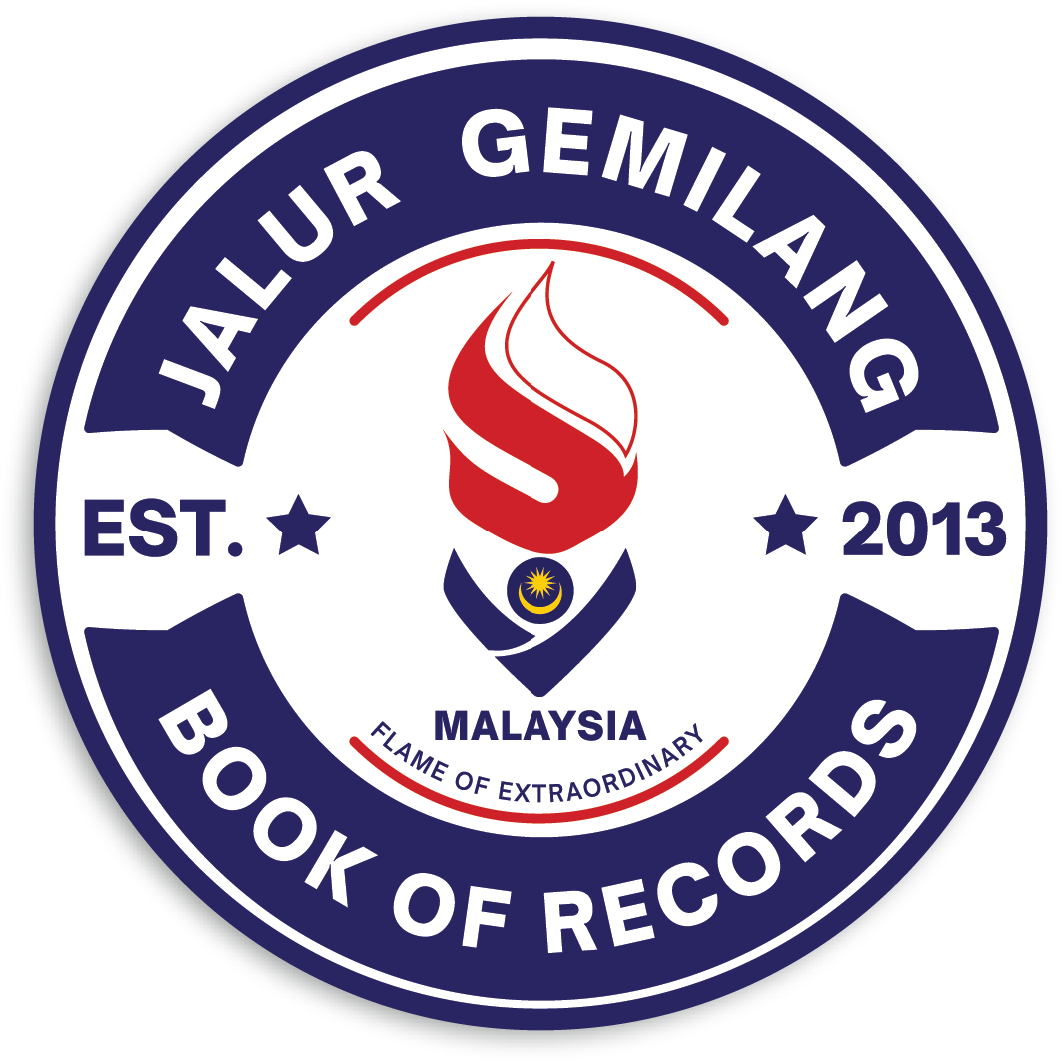Exploring the Origins and Evolution of Zapin Dance
Zapin, a traditional Malay dance passed down through generations, encompasses various types like Zapin Melayu Johor and Zapin Tengliu, each distinguished by unique movements and styles. Despite its deep connection to Malay culture, the dance’s origin remains unknown to many.
Rooted in Malay culture, Zapin draws inspiration from Arabian-Persian arts seamlessly integrated into the Malay artistic tradition. The term “Zapin” is derived from the Arabic word “al-Zafin,” signifying ‘foot movement’ and highlighting the dance’s intricate focus on footwork.
Historically, the Zapin Dance originated in Siak Palace, where it entertained the royal students following their intensive studies on Islam. Arabian merchants introduced Zapin from Handramaut (Yemen) to Johor-Lingga in the 16th century, incorporating it into social activities with an Islamic context aimed at teaching Islam.
The dance was initially restricted to Malay men, with Malay women advised against participating to maintain social boundaries. But the dance has evolved to include both genders today. It has gained significant popularity in Johor, Pahang, and Selangor.
While Zapin was once a feature of religious ceremonies, it has transformed into a form of traditional entertainment. Traditional percussion instruments like gambus, accordion, rebab, marwas (bongo), traditional drum rebana, and dok accompany the dancers.
Over time, various choreographic evolutions have led to different forms of Zapin dance. One such evolved variant is Zapin Tengliu from Mersing, Johor, believed to have been created by fishermen dancing on their boats during leisure breaks at sea, syncing with the rhythm of the waves.
Distinctively, Zapin Melayu Johor stands out for blending Arab arts with local traditions and Islamic art philosophy. In the past, this Zapin was not confined to stages but graced mosque yards during celebrations, such as the birthday of Prophet Muhammad (Maulidurrasul).
Exploring the Origins and Evolution of Zapin Dance Read More »
